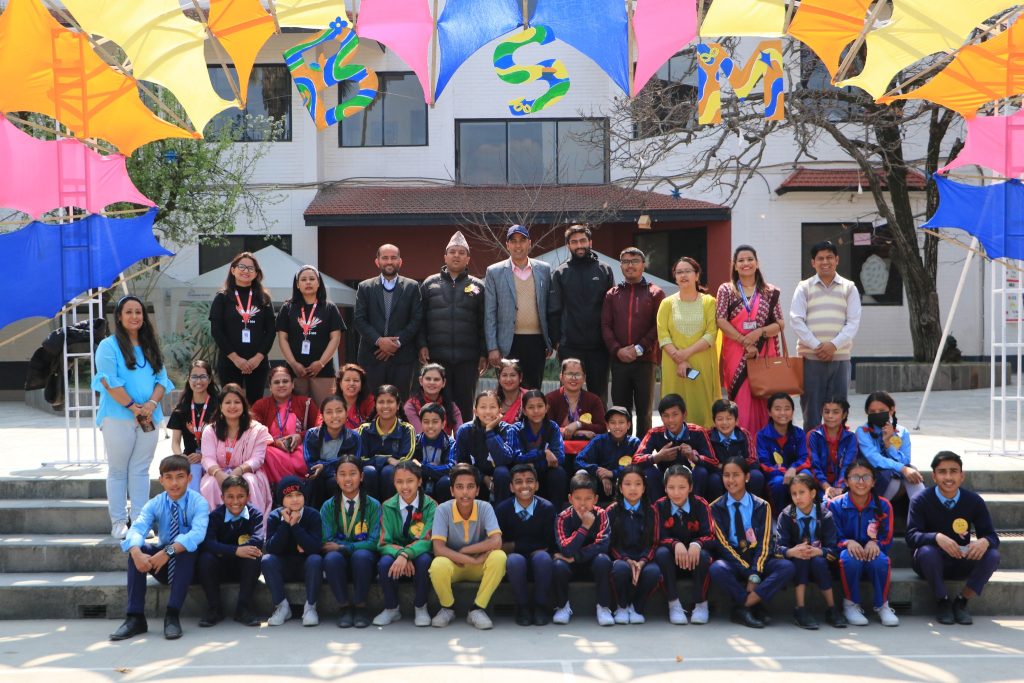Introduction

Rato Bangala Foundation seeks to ensure the right of Nepali children to achieve good-quality education. Since its inception in 2002, RBF has worked to enhance the capacity of teachers by providing various types of training to primary and secondary school teachers. We collaborate closely with Bank Street College of Education, New York, and Kathmandu University in Nepal to run an in-service Primary Teacher Training Programme.
In the first few decades after Nepal entered into the modern era, the government focused on the construction of education infrastructure and increasing access to schools. Today, access to primary education is almost universal, for both boys and girls. However, the quality of education students receive is an entirely different matter, as is highlighted by the huge dropout rate at the secondary level. To increase the ability of schools to retain students by offering them a meaningful education in a child-friendly environment, RBF focuses on improving classroom practices, particularly in government schools, where there is a profound need for such improvement. RBF’s aim to improve educational quality dovetails nicely with the core objectives of the United Nations Education-for-All initiative and the Sustainable Development Goals.
RBF is uniquely placed to ensure that its work is practical and meaningful and that children acquire the life skills they require. The goal of RBF is to transform public schools into child-centered, gender-sensitive, community-owned schools that provide quality education to children. Employing a ‘whole-school’ approach, RBF works with parents, teachers, and administrators as well as students so that all feel empowered and develop a sense of ownership of their local schools and the quality of education they offer. RBF believes that simple, low-cost, and locally available teaching aids be used whenever possible and that classrooms should be organized to promote participatory group learning exercises in which no student is neglected. In such a setup, students interact and learn from each other and teachers serve as facilitators and guides. RBF works with the government at the central and local levels, thus ensuring the continuity and sustainability of its efforts in changing classroom practice. In the last 20 years, RBF has successfully introduced its uniquely communal approach in over 1400 schools in 33 districts of Nepal. We have trained more than 10,000 teachers and oriented thousands of members of parent-teacher associations school management committees and community leaders.
Facilities at the Foundation
The Foundation’s main office is within the premises of the Dhokaima Cafe, Patan Dhoka on the first floor named Bagikhana whereas the finance and IT department is within the premises of Rato Bangala School.
